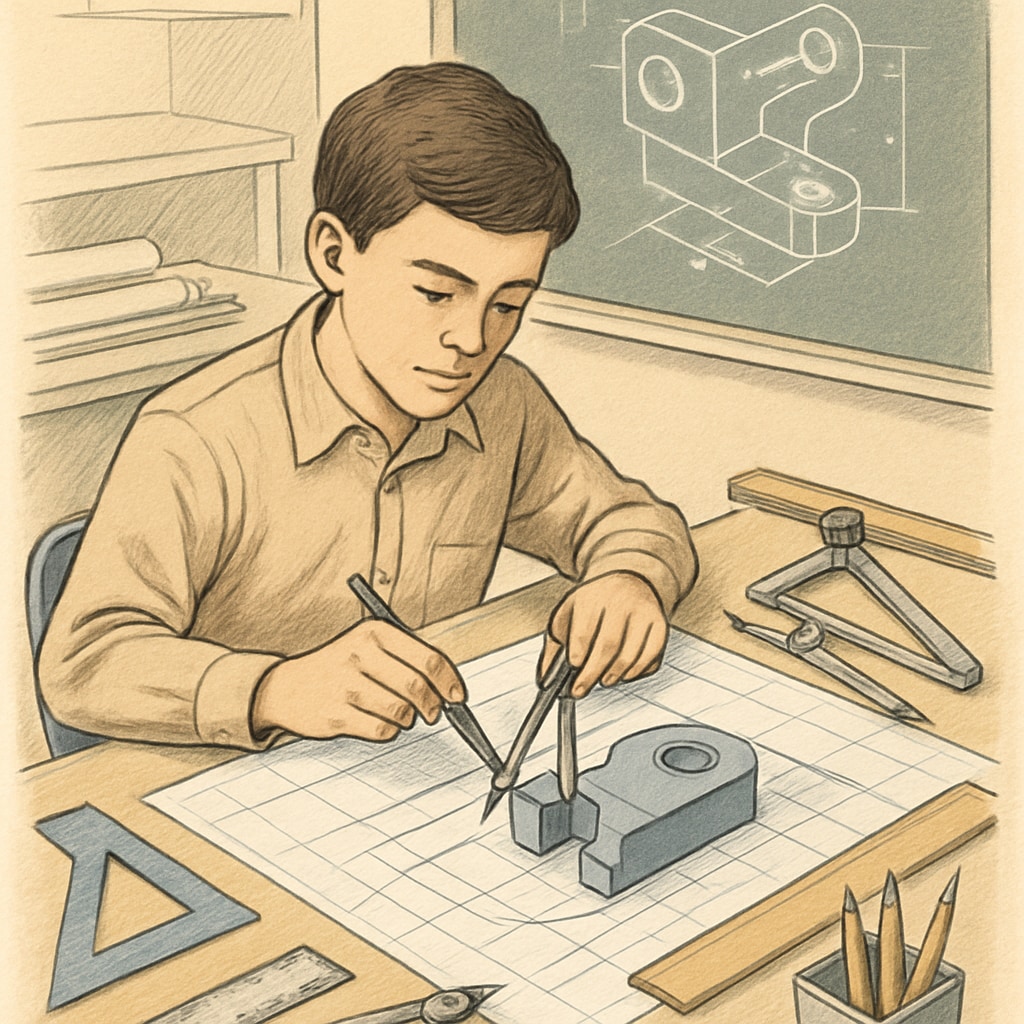For aspiring engineers, choosing the right academic path is one of the most important decisions they’ll make. The field of design engineering offers a range of degrees tailored to different career goals, with bachelor’s and master’s programs providing distinct advantages. In particular, the choice between an MEng (Master of Engineering) and MSc (Master of Science) can significantly impact employment opportunities and long-term career development. This article delves into these educational options to guide students and parents in making informed decisions about the future.

Understanding Design Engineering Degrees
Design engineering combines creativity and technical skills to solve complex problems, often involving product design, manufacturing, and innovation. The academic journey begins with a bachelor’s degree, typically a BEng (Bachelor of Engineering) or BSc (Bachelor of Science), which introduces foundational concepts. However, for those seeking specialized knowledge and advanced career opportunities, a master’s degree becomes essential.
The two primary types of master’s degrees in this field are MEng and MSc. While both programs focus on engineering and design principles, they differ in scope, structure, and career outcomes. Understanding these distinctions is crucial to aligning a degree choice with personal ambitions.
MEng vs MSc: Key Differences
The Master of Engineering (MEng) emphasizes practical, industry-oriented training. It often includes internships and collaborative projects with companies, making it ideal for students aiming to enter the workforce directly after graduation. MEng programs are typically shorter, lasting one to two years, and are tailored toward applied engineering roles such as product development, systems engineering, and manufacturing management.
On the other hand, the Master of Science (MSc) is research-focused, delving deeper into theoretical concepts and innovation. It is best suited for those considering academic careers, advanced research positions, or doctoral studies. MSc programs usually require a thesis and offer more flexibility in exploring niche areas such as sustainable design, robotics, or computational modeling.
- MEng: Industry-oriented, shorter duration, focuses on practical skills.
- MSc: Research-oriented, longer duration, emphasizes theoretical understanding.
Choosing between these degrees depends on whether your career goals lean toward hands-on engineering roles or academic exploration and innovation.

Career Prospects in Design Engineering
The degree you choose will directly influence your employment opportunities and earning potential. MEng graduates often find positions in industries such as automotive, aerospace, and electronics, where technical expertise and project management skills are highly valued. Employers frequently prioritize candidates with practical experience gained during internships or capstone projects.
Meanwhile, MSc graduates may find roles in research and development, academia, or niche industries requiring specialized knowledge. For example, an MSc in Sustainable Design Engineering could lead to positions in green technology firms or architectural innovation.
Regardless of the degree, design engineers are in high demand, with projected growth in sectors like artificial intelligence, robotics, and renewable energy. According to the U.S. Bureau of Labor Statistics, engineering roles are expected to grow steadily over the next decade, offering competitive salaries and opportunities for advancement.
Making the Right Choice for Your Future
When deciding between a bachelor’s and master’s degree—or between MEng and MSc—it’s essential to evaluate your interests, career aspirations, and financial situation. High school students should consult academic advisors, attend open days at universities, and consider internship opportunities to gain clarity on the field. Parents can support their children by helping them research potential industries, university rankings, and scholarship options.
In addition, explore external resources like Britannica’s overview of engineering to understand the broad scope of this exciting field. A strategic approach to education planning will ensure students are well-prepared for the challenges and opportunities ahead.
Ultimately, the right degree in design engineering will equip students with the skills and knowledge needed to thrive in their chosen career path. Whether you opt for a practical MEng or a research-intensive MSc, investing in education is an investment in your future.
Readability guidance: Use short paragraphs and lists to summarize key points. Avoid overly technical language, keeping the content accessible to readers exploring their options.


